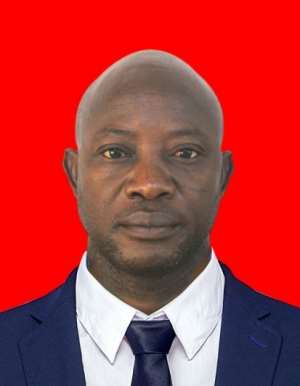
The government’s recent announcement of plans to extend the Free Senior High School (SHS) policy to include private schools in Ghana has generated significant debate, especially among education stakeholders. While some hail it as a bold step toward inclusive education, others view it as an unrealistic burden on an already stretched national budget.
The question on the minds of many is simple: Private schools are largely established for profit, so why should taxpayers foot the bill for students attending them? Beyond this, however, lies a more complex conversation about fairness, access, and the future of Ghana’s education sector.
One major argument for extending Free SHS to private schools is that it could reduce the congestion that continues to plague public senior high schools. Since the inception of Free SHS, many public schools have faced severe overcrowding, leading to temporary measures like the double-track system. By bringing private schools into the fold, the pressure on public schools could be eased, offering students better learning environments with smaller class sizes.
Furthermore, many private senior high schools in Ghana are not luxury institutions but rather low-cost community schools that fill gaps where public schools are either inadequate or non-existent. For students in such areas, including these private schools in the Free SHS programme could promote fairness, ensuring that access to secondary education does not depend solely on one’s geographic location or family income.
Additionally, involving private schools in the Free SHS programme could introduce healthy competition, encouraging both public and private institutions to raise their standards and improve educational outcomes across the board.
Despite these potential benefits, the proposal raises serious concerns that deserve attention. Financing Free SHS for public schools alone has already placed immense strain on Ghana’s economy. Extending the programme to include private schools could push the country’s limited financial resources to breaking point, affecting other sectors such as healthcare, infrastructure, and agriculture.
More importantly, private schools operate under different motivations and varying standards. Without strict government oversight and accountability structures, there’s a real risk of misuse or abuse of public funds. Some school owners may prioritise profit over quality education, and the government might struggle to ensure that taxpayer money is being used effectively.
There is also the risk of deepening inequalities. If elite, high-fee private schools benefit equally from the programme, the result could be a widening gap between privileged and disadvantaged students, rather than closing it.
Rather than a blanket implementation, a more targeted approach could prove effective. The government could start with selected low-cost private schools in underserved communities, partnering with them under strict performance agreements. These agreements would set clear expectations for quality, access, and financial transparency, with regular monitoring to ensure that the goals of the Free SHS programme are met.
Additionally, any extension of Free SHS should be accompanied by renewed investment in the public education system, especially in rural and deprived areas. Public schools must remain the cornerstone of Ghana’s education sector.
Education stakeholders thus school owners, teachers, unions, parent associations, and education policymakers must not sit on the sidelines of this national conversation. Their voices, expertise, and experiences are critical in shaping any policy that seeks to extend Free SHS to private schools. Stakeholders must demand clear guidelines, insist on fairness, advocate for proper targeting, and help design monitoring systems to protect the integrity of the program. If this initiative is to succeed, it must be built not just on good intentions, but on practical, well-informed strategies backed by those who know the realities of Ghana’s classrooms.
The future of Ghana’s education is a shared responsibility—and it is now time for all hands to be on deck.
Ghanaians are watching!!!
FAB’S Gist


